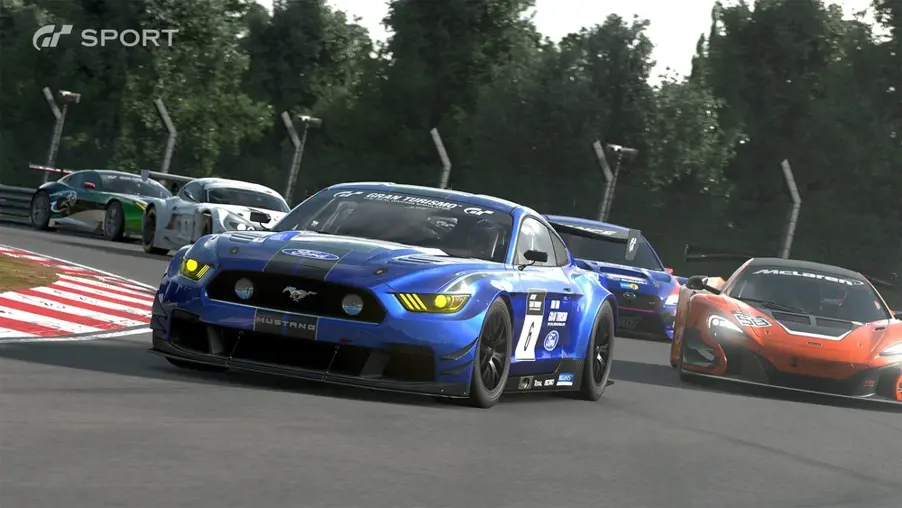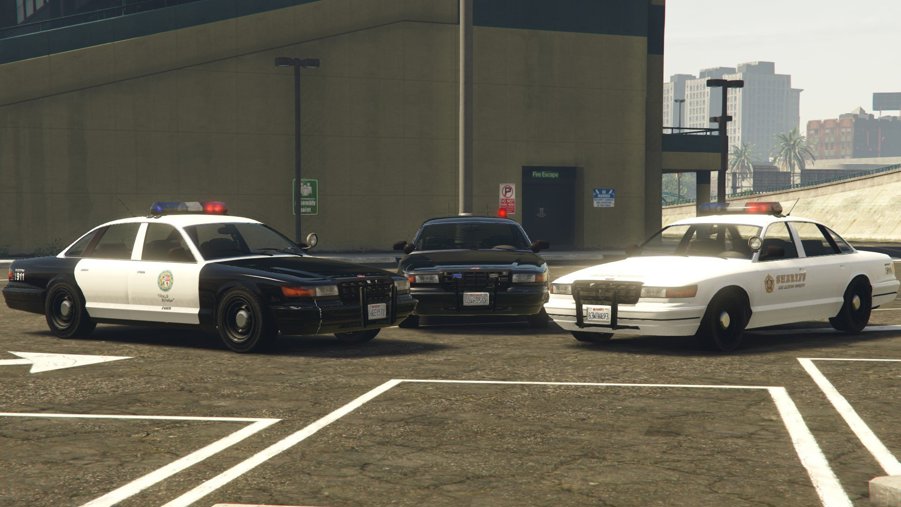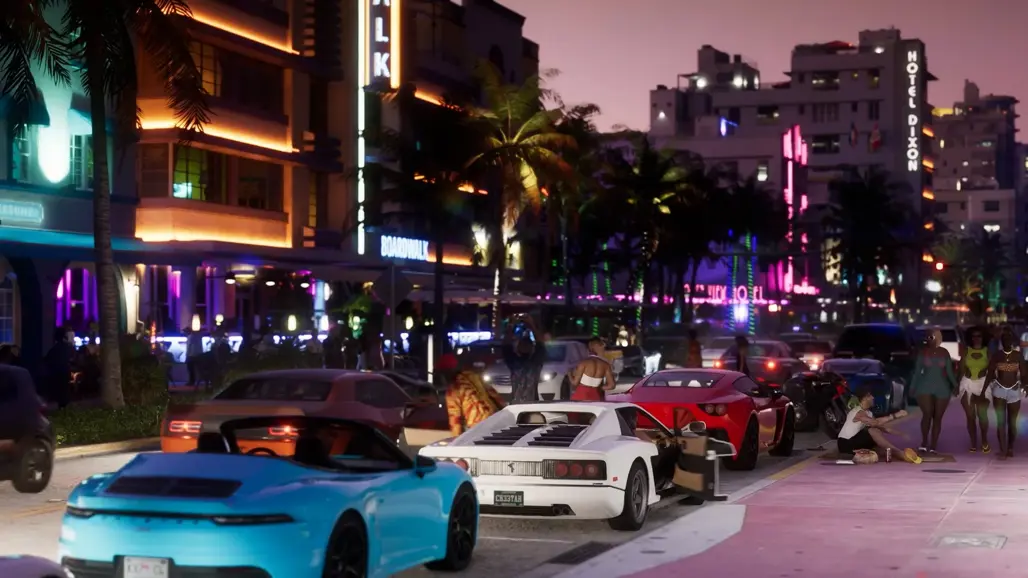The allure of cars in the gaming world is undeniable.
With the gaming community eagerly anticipating the release of Grand Theft Auto VI, evidenced by over half a million monthly online searches for its release date, the connection between gamers and cars is stronger than ever. That's why Auto Trader UK conducted a study to figure out the most popular vehicles in video games.
Dream cars and virtual reality

A recent study analysing data from the Internet Game Cars Database and surveying 500 drivers who regularly play video games reveals a strong desire among gamers to own real-life versions of their favourite virtual vehicles. A remarkable 90% expressed interest, with 59% "very interested" and 31% "somewhat interested."
This passion even extends to considering car leasing as a means to experience their dream cars.
Surprisingly, the Grand Theft Auto series reigns supreme as the most popular driving game, followed by Gran Turismo and Formula One. The Need For Speed series also makes the list, as do the Mario Kart and Forza franchises.

These games offer a diverse range of experiences, from the satirical open world of GTA to the realistic racing simulations of Gran Turismo.
When it comes to car brands, Ferrari, BMW and Audi take the top spots, followed by Lamborghini, Porsche and Nissan.
The Mustang's digital reign

Among car models, the Ford Mustang stands out with over 1000 appearances in video games. This iconic American muscle car's popularity stems from its frequent collaborations with game developers, allowing for extensive customisation and modification.
Other notable models include the Ford Crown Victoria, often featured in police chases and the Nissan Skyline GT-R, made famous by the Fast & Furious film franchise.

The top ten is rounded out by the Subaru Impreza, Mitsubishi Lancer Evolution, Dodge Charger, Nissan Silvia, Chevy Corvette, Mazda RX-7 and Dodge Challenger.
Gaming for better drivers?

A surprising revelation is the potential positive impact of gaming on real-life driving skills. While 41% of gamers rated their driving skills as "excellent" compared to only 13% of non-gamers, the confidence might be justified.
Gamers reported improvements in reaction times, understanding of vehicle mechanics, and spatial awareness, all crucial for safe driving. Furthermore, only 15% of gamers admitted to having penalty points on their licenses, compared to 28% of non-gamers.
These findings suggest that the skills honed in virtual driving experiences can translate to safer and more competent real-world driving. The combination of improved reaction times, spatial awareness and understanding of vehicle mechanics may contribute to a more confident and responsible driver.
As technology advances and the lines between virtual and real worlds blur, the relationship between gaming and driving is likely to evolve further. With the rise of virtual reality and increasingly realistic simulations, the potential for gaming to enhance driving skills and promote safer roads is promising.





